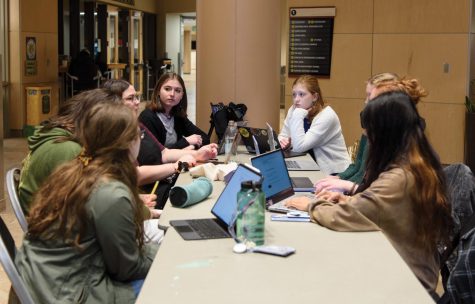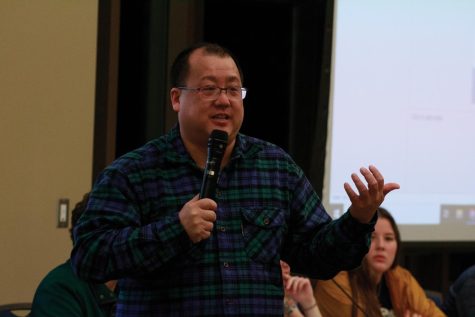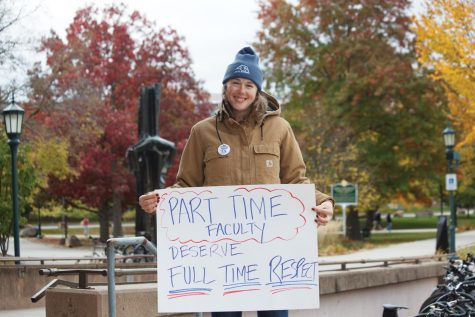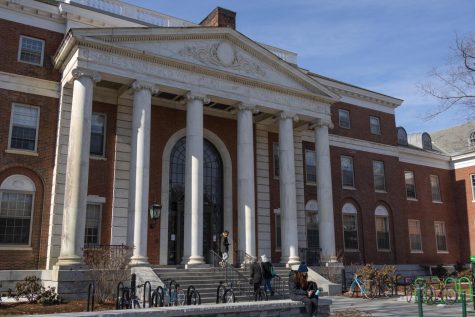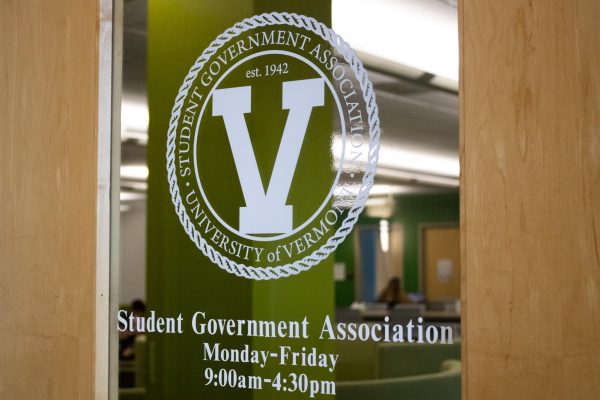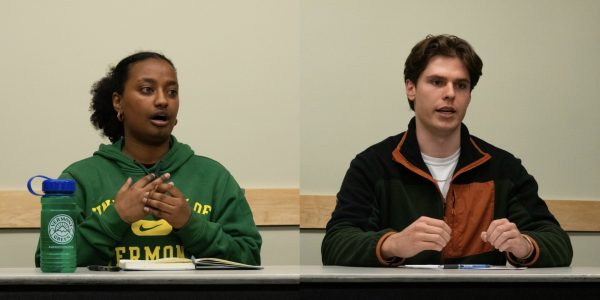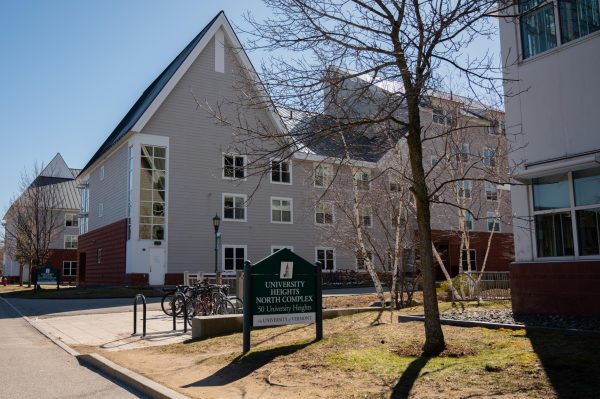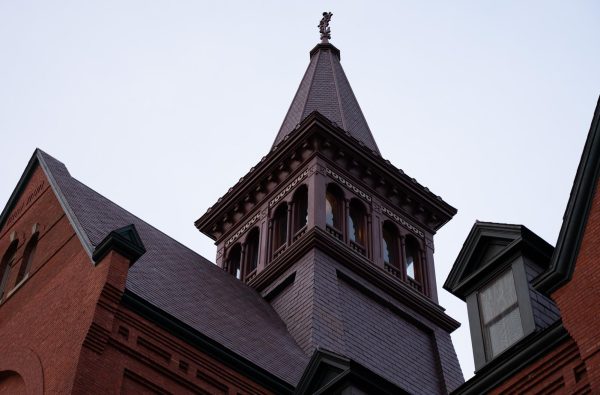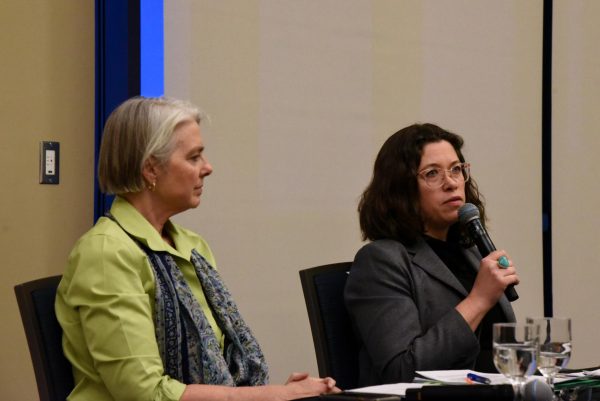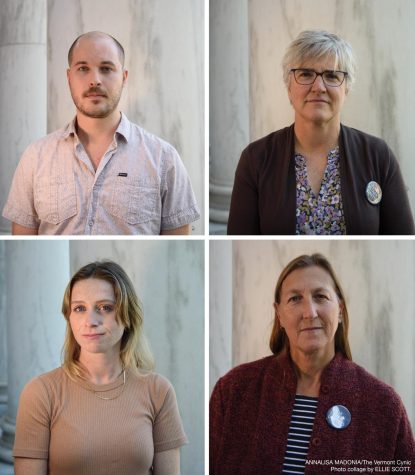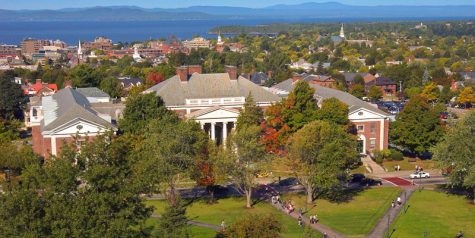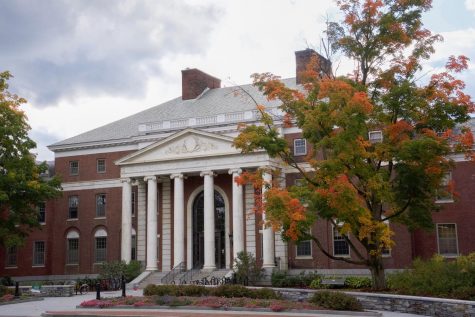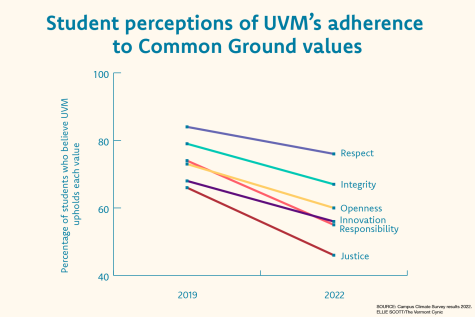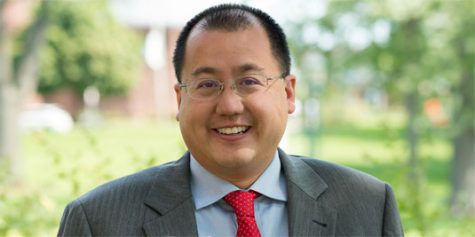SGA initiative pairs freshman with peer advisers
Incoming first-years will have more academic support under a new SGA advising program starting next year.
This initiative will pair groups of 10 first-years with an upperclassman of the same major as early as orientation. SGA and the administration are hoping that the program will also help keep students at UVM, SGA President Jason Maulucci said.
“From first year to second year, 14 percent of students who are enrolled as first-years here leave,” Maulucci said.
The goal of this program is to raise the university’s retention rate from first to second year to 90 percent.

“In the past decade, roughly 84.1 percent to 87.8 percent of entering first-time, first year students enroll for their second year; after two years, about 72.1 percent to 77.7 percent of the class is still enrolled,” according to the UVM Sourcebook.
The program is designed to provide new students with valuable information within the first months at UVM, Maulucci said.
“I think this is a great idea,” junior Nick Wolf said. “It will allow first-years to gain better insight as to what they will have to go through in the coming years.”
As for undecided first-year students, the goal is to pair them with an upperclassman who also spent some time without a major, Academic Affairs Committee Chair David Brandt said.
Nearly 40 percent of students who enter the College of Arts and Sciences come in undecided, according to the October 2015 board of trustees meeting.
“You’re trying to find out what fits for you,” Maulucci said. “And who better to hear that from than someone who was in the same position as you?”
To implement the program for the 2016-2017 academic year, it will cost $102,000, according to the official bill titled the Peer Advising for Learning Success Act.
The money will be used to pay for the salaries of student advisers.
“I love it,” junior Jack Ward said. “It can aid first-year students with succeeding more academically, which is not always the easiest task as a new college kid.”
Though the program will be focused mostly on academic advising, Maulucci hopes advisers will be able to guide first-year students toward co-curricular activities as well.
“Every study has shown that the more that one involves themselves outside the classroom, the better they do in it,” he said.
About 250 advisers will receive a $300 per-semester stipend, as well as credit for going through training, he said. SGA will allocate $170,000 per-year through 2020 to fund the program, according to the bill.
Peer adviser training will focus not only on how to give appropriate academic advice to new students, but also how to handle the emotional issues which often accompany new settings and difficult classes, said Brian Reed, the associate provost for teaching and learning.
“We’re looking for students with good interpersonal skills and who interact well with first-year students to help guide them,” Reed said. In order to provide students with the best possible peer-advising experience, potential upperclassmen will be recommended by faculty members for the position.
Recommended students will have the opportunity to begin training for the new initiative in the spring.
“It sounds like it would be mutually beneficial for all of us, and the planned incentives would make it super sustainable,” junior Sandy Halbing said. “I would love to be involved next semester.”
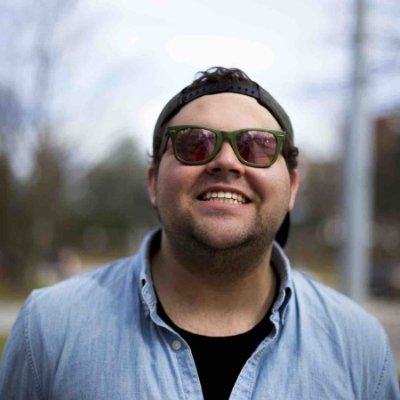
Bryan is the managing editor of the Vermont Cynic and has been involved since Jan. 2015. Prior to his position as managing editor, he was a news writer...


